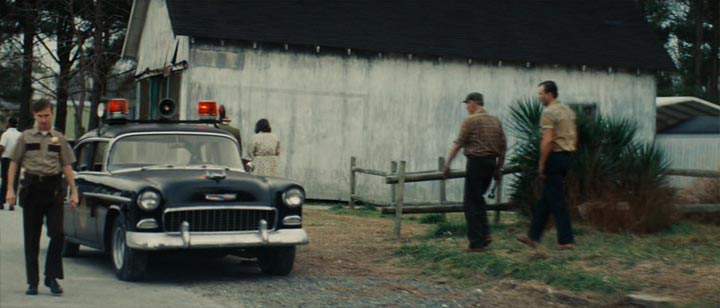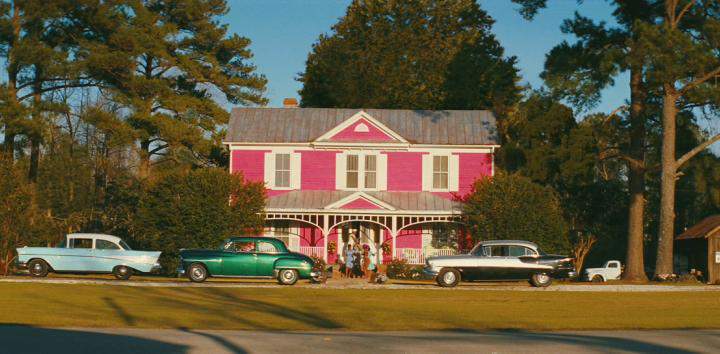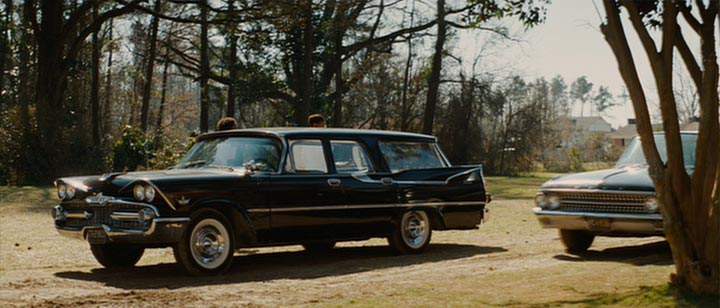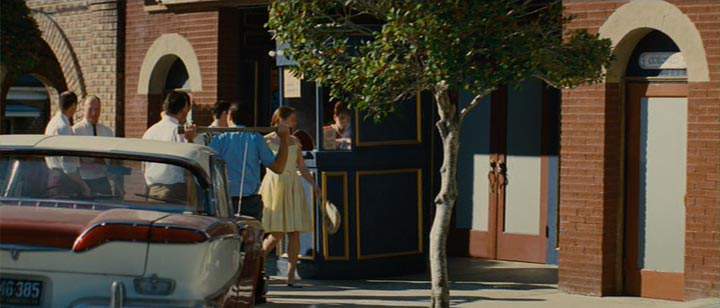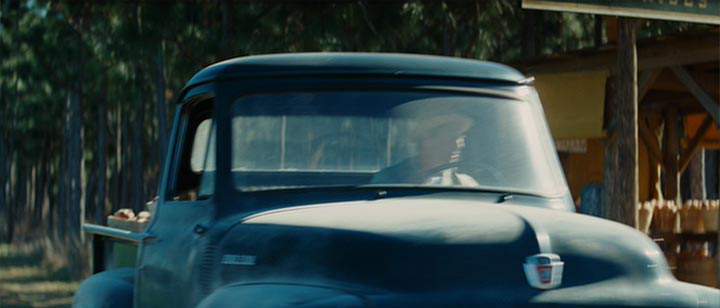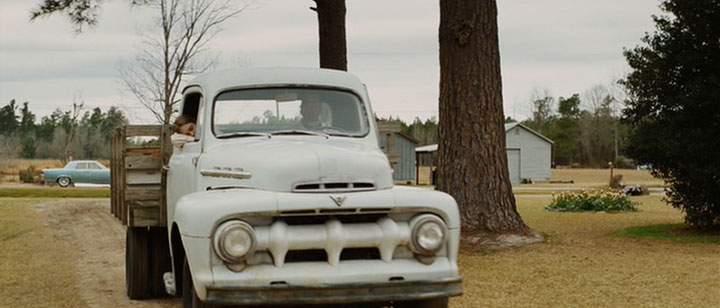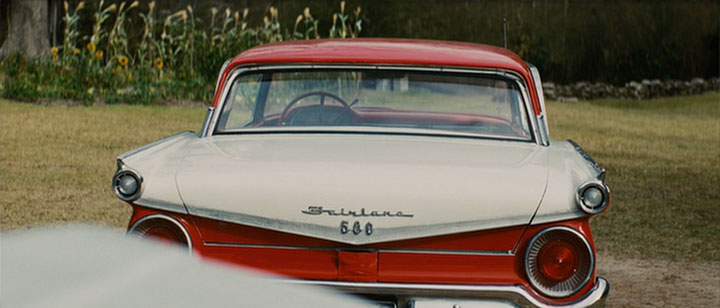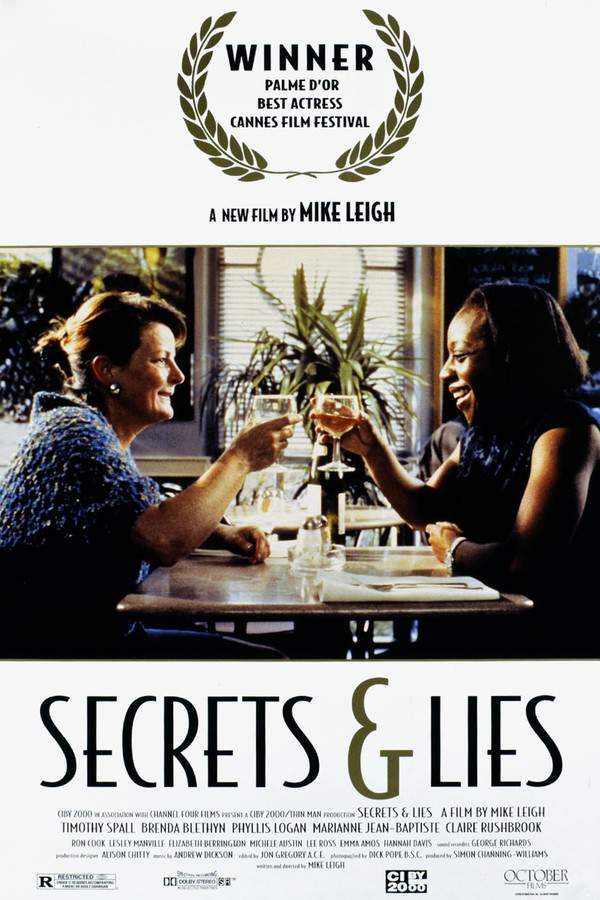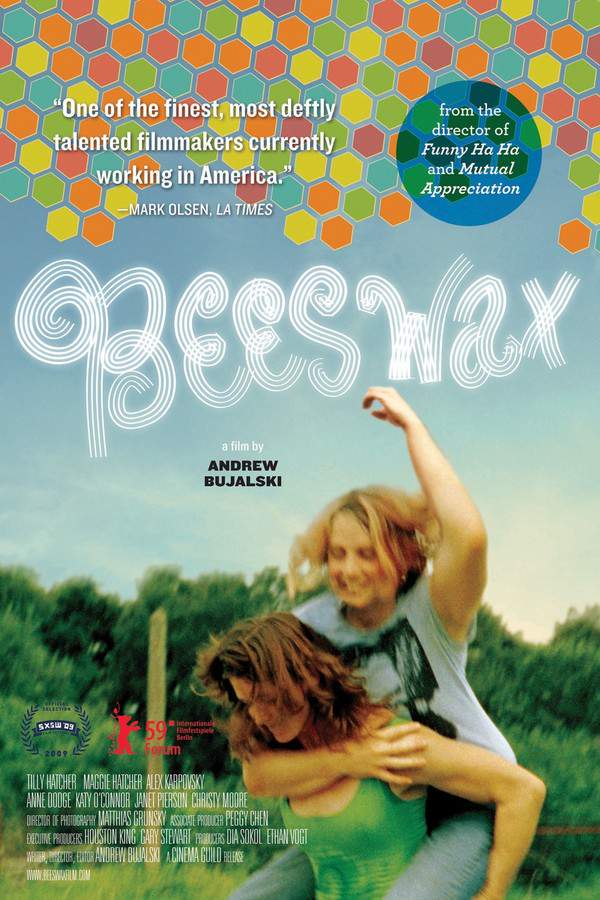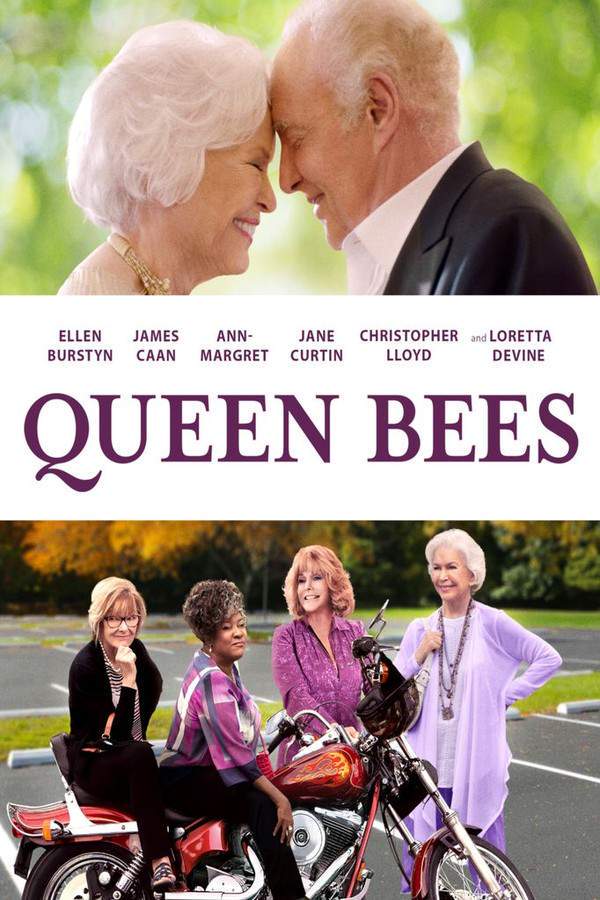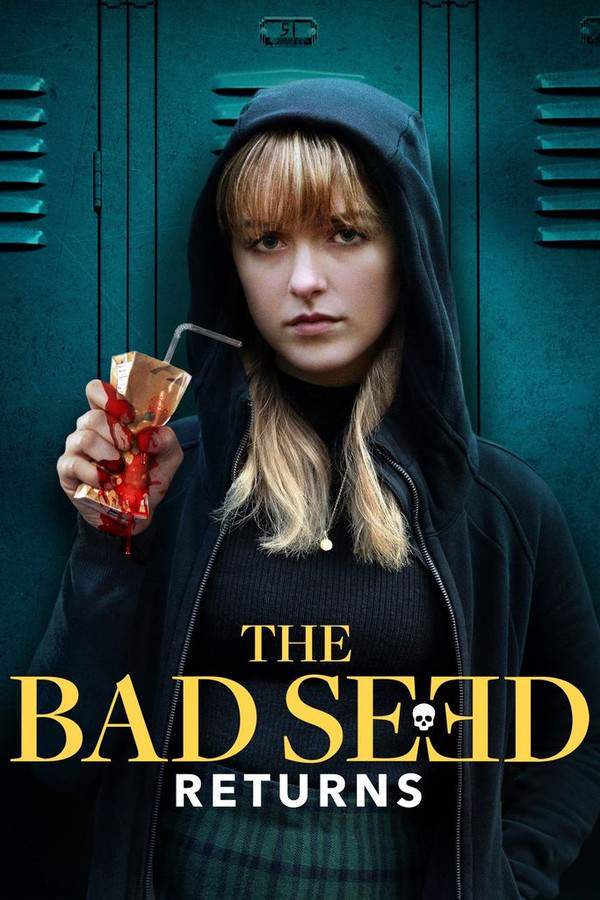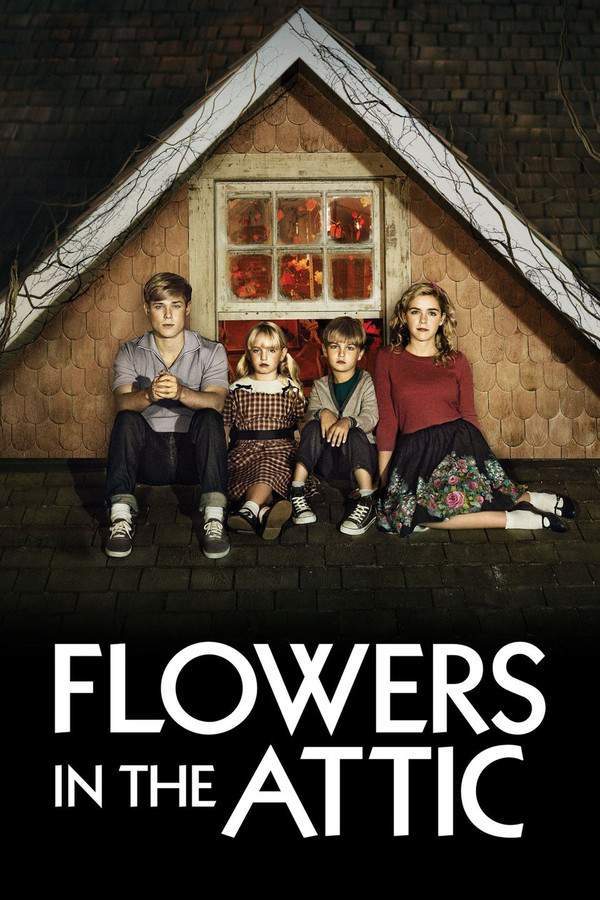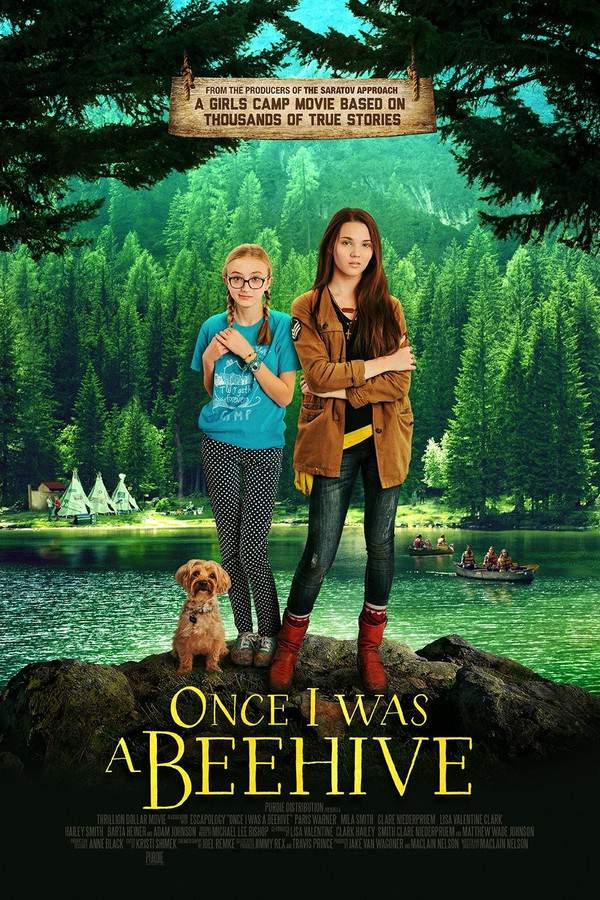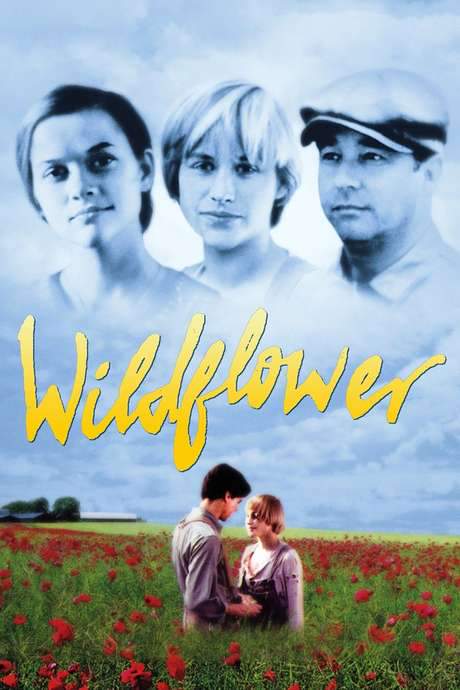The Secret Life of Bees 2008
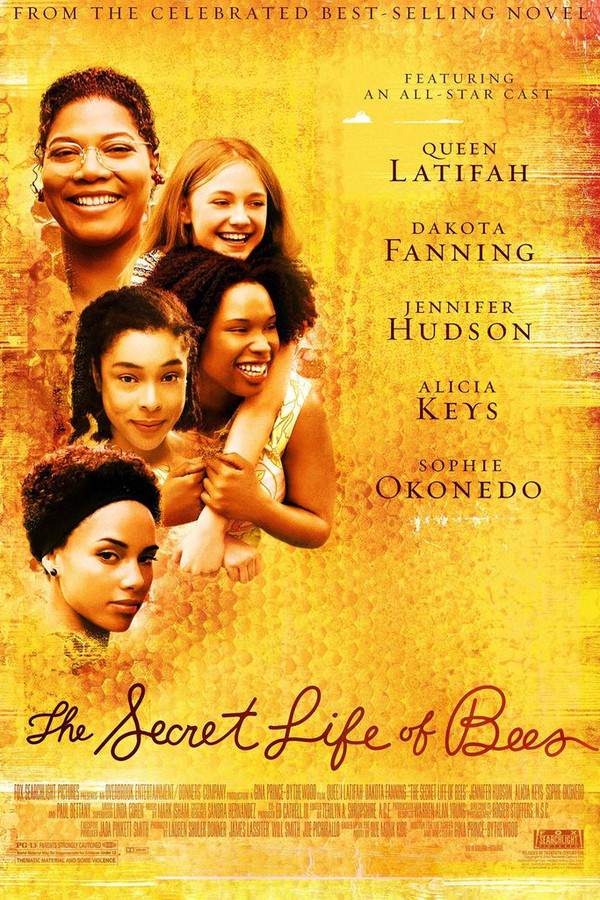
In 1964 South Carolina, fourteen-year-old Lily Owens runs away from her difficult home with Rosaleen, her caregiver and closest friend. Seeking safety and answers, she finds herself on the doorstep of the Boatwright sisters, who are beekeepers. As Lily integrates into their unique world, she begins to learn about her mother’s hidden history and the circumstances surrounding her death. Along the way, she confronts painful truths and discovers the power of female friendship and self-acceptance.
Does The Secret Life of Bees have end credit scenes?
No!
The Secret Life of Bees does not have end credit scenes. You can leave when the credits roll.
Meet the Full Cast and Actors of The Secret Life of Bees
Explore the complete cast of The Secret Life of Bees, including both lead and supporting actors. Learn who plays each character, discover their past roles and achievements, and find out what makes this ensemble cast stand out in the world of film and television.
External Links and Streaming Options
Discover where to watch The Secret Life of Bees online, including streaming platforms, rental options, and official sources. Compare reviews, ratings, and in-depth movie information across sites like IMDb, TMDb, Wikipedia or Rotten Tomatoes.
Ratings and Reviews for The Secret Life of Bees
See how The Secret Life of Bees is rated across major platforms like IMDb, Metacritic, and TMDb. Compare audience scores and critic reviews to understand where The Secret Life of Bees stands among top-rated movies in its genre.

57
Metascore
6.4
User Score


60%
TOMATOMETER

78%
User Score

7.2 /10
IMDb Rating

75
%
User Score
Take the Ultimate The Secret Life of Bees Movie Quiz
Challenge your knowledge of The Secret Life of Bees with this fun and interactive movie quiz. Test yourself on key plot points, iconic characters, hidden details, and memorable moments to see how well you really know the film.
The Secret Life of Bees Quiz: Test your knowledge on the poignant and touching story of Lily and her journey of self-discovery in 'The Secret Life of Bees'.
In what year does 'The Secret Life of Bees' take place?
1960
1964
1968
1972
Show hint
Awards & Nominations for The Secret Life of Bees
Discover all the awards and nominations received by The Secret Life of Bees, from Oscars to film festival honors. Learn how The Secret Life of Bees and its cast and crew have been recognized by critics and the industry alike.
14th Critics' Choice Awards 2009

Full Plot Summary and Ending Explained for The Secret Life of Bees
Read the complete plot summary of The Secret Life of Bees, including all major events, twists, and the full ending explained in detail. Explore key characters, themes, hidden meanings, and everything you need to understand the story from beginning to end.
The film begins in 1964, amidst the tumult of the civil rights movement. We meet Lily, a girl on the brink of turning fourteen, grappling with an abusive father and the absence of her mother. The story kicks off with a haunting scene where a woman, Deborah Owens (portrayed by Hilarie Burton), frantically gathers clothing into a suitcase, accompanied by a child enamored with a marble and a mirror. In a fit of rage, a man storms in, confronting her as she desperately reaches for a gun. A struggle ensues, resulting in a tragic accident that leaves the young Lily deeply traumatized. She confesses, > “I killed my mother when I was four years old. That’s what I knew about myself. She was all I wanted and I took her away. Nothing else much matters.”
Later that night, Lily is unsettled by a swarm of bees in her room and turns to her father, T. Ray (played by Paul Bettany), who dismissively tells her to return to bed. Overwhelmed by her emotions, Lily finds solace in a buried box containing her mother’s gloves, a photograph, and a piece of wood featuring the Virgin Mary. As she mournfully stares at the stars, her father interrupts, unleashing his anger, and punishing her by making her kneel on grits while he observes her from a distance.
The following morning, their housekeeper Rosaleen steps in, unexpectedly presenting Lily with a birthday cake, revealing heartfelt affection amid the troubled household. But the peace is short-lived; T. Ray begrudgingly acknowledges her birthday while remaining detached. The television broadcasts the passing of the Civil Rights Bill, hinting at a changing world outside their home.
Lily’s bond with Rosaleen grows, and when faced with racial hostility from aggressive townsfolk, Rosaleen retaliates, leading to a violent confrontation that emphasizes the intense struggle against prejudice. Their shared experiences strengthen their resolve, driving them to seek answers about Lily’s mother. Desperate for the truth, Lily confronts T. Ray, who recounts memories of her mother but dismisses Lily’s desperate pleas for more information about her past.
Ultimately resolving to escape her toxic environment, Lily and Rosaleen run away to a town where her mother once lived. Their journey leads them to a honey shop owned by August Boatwright and her sisters, May and June. Their lives intertwine, allowing Lily to finally experience love and acceptance.
Amid the sweetness of honey-making and a newfound sense of family, tragedy strikes when May succumbs to her despair, taking her life in a deeply symbolic act of sorrow. The sisters embrace change, even going so far as to rename Rosaleen to July as they seek to create new beginnings.
In a pivotal moment, Lily shows August her mother’s photograph, and a connection forms as August recognizes Deborah, unearthing painful truths about the past. As Lil confesses to a traumatic event from her childhood, the burden of guilt overwhelms her, leading to a violent outburst against jars of honey, symbolizing her rage and confusion.
As tensions rise, T. Ray arrives to reclaim Lily, yet culminates in a moment of unanticipated growth. He grants August the freedom to care for her as she needs, revealing that he had lied about her mother’s intentions. In a poignant closing voiceover, Lily reflects on her father’s departure, interpreting it as an almsgiving of hope, believing that perhaps she is destined for a brighter future among her new family: > “Good riddance” transforms into a reassuring, “Lily, you’ll be better off here with all of these mothers.”
Uncover the Details: Timeline, Characters, Themes, and Beyond!

Coming soon on iOS and Android
The Plot Explained Mobile App
From blockbusters to hidden gems — dive into movie stories anytime, anywhere. Save your favorites, discover plots faster, and never miss a twist again.
Sign up to be the first to know when we launch. Your email stays private — always.
Watch Trailers, Clips & Behind-the-Scenes for The Secret Life of Bees
Watch official trailers, exclusive clips, cast interviews, and behind-the-scenes footage from The Secret Life of Bees. Dive deeper into the making of the film, its standout moments, and key production insights.
Cars Featured in The Secret Life of Bees
Explore all cars featured in The Secret Life of Bees, including their makes, models, scenes they appear in, and their significance to the plot. A must-read for car enthusiasts and movie buffs alike.
The Secret Life of Bees Themes and Keywords
Discover the central themes, ideas, and keywords that define the movie’s story, tone, and message. Analyze the film’s deeper meanings, genre influences, and recurring concepts.
The Secret Life of Bees Other Names and Titles
Explore the various alternative titles, translations, and other names used for The Secret Life of Bees across different regions and languages. Understand how the film is marketed and recognized worldwide.
Similar Movies To The Secret Life of Bees You Should Know About
Browse a curated list of movies similar in genre, tone, characters, or story structure. Discover new titles like the one you're watching, perfect for fans of related plots, vibes, or cinematic styles.
Quick Links: Summary, Cast, Ratings, More

What's After the Movie?
Not sure whether to stay after the credits? Find out!
Explore Our Movie Platform
New Movie Releases (2026)
Famous Movie Actors
Top Film Production Studios
Movie Plot Summaries & Endings
Major Movie Awards & Winners
Best Concert Films & Music Documentaries
Movie Collections and Curated Lists
© 2026 What's After the Movie. All rights reserved.

















